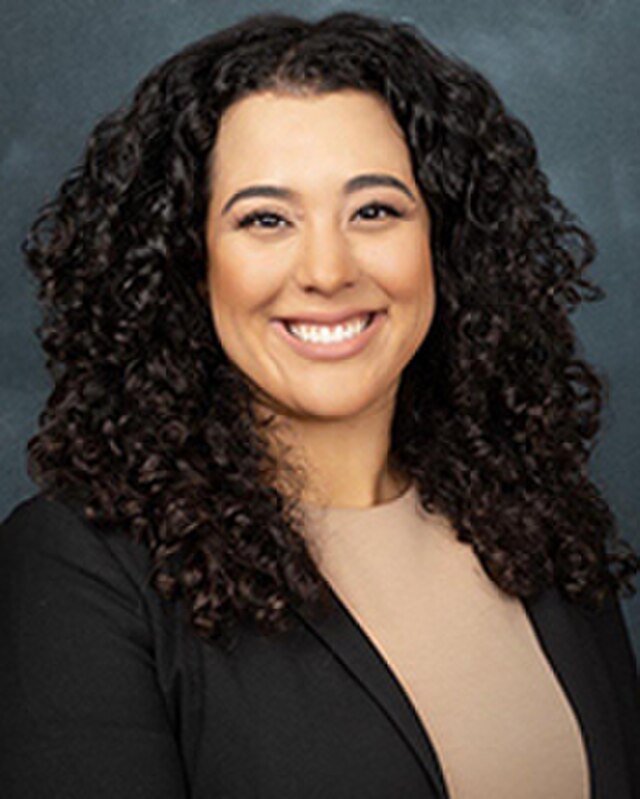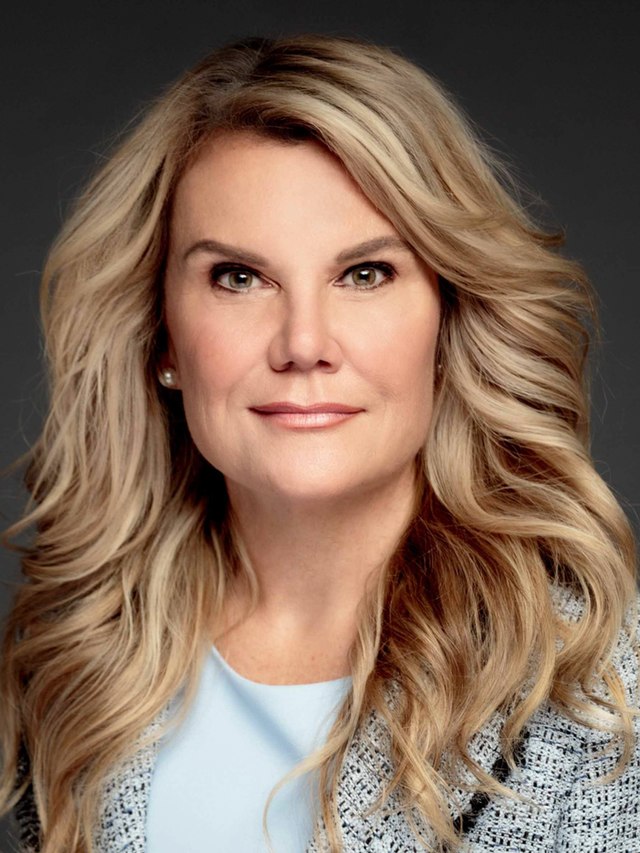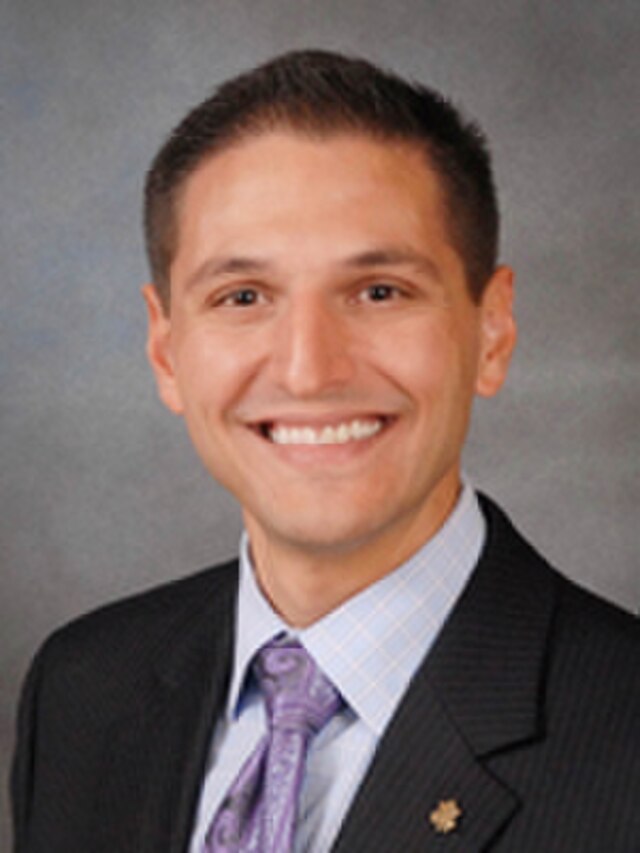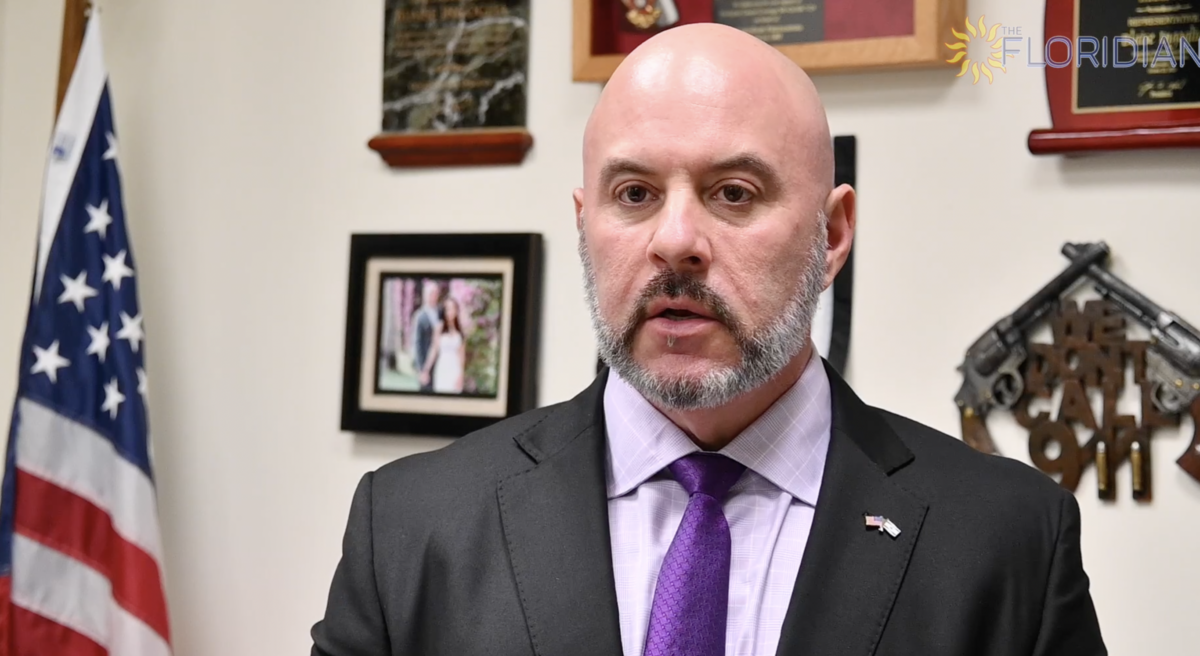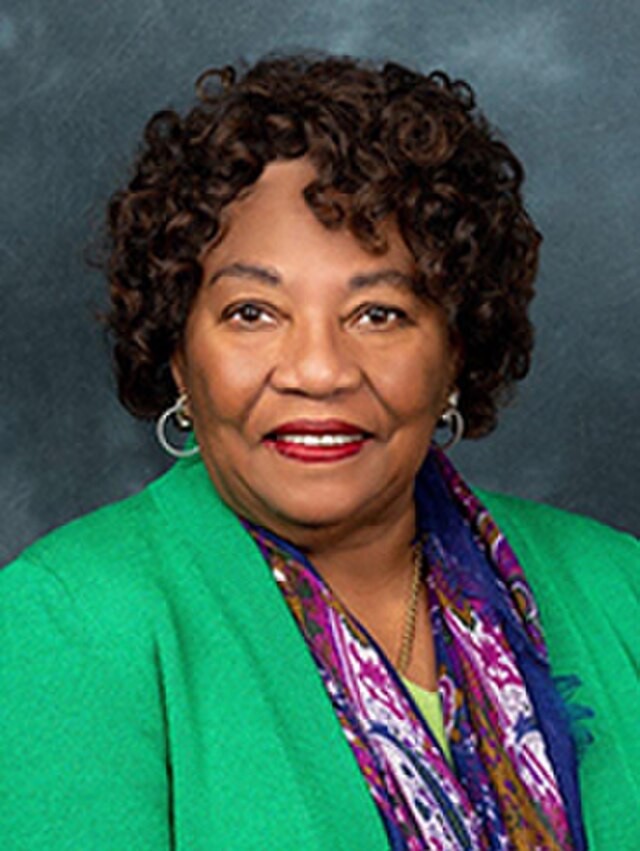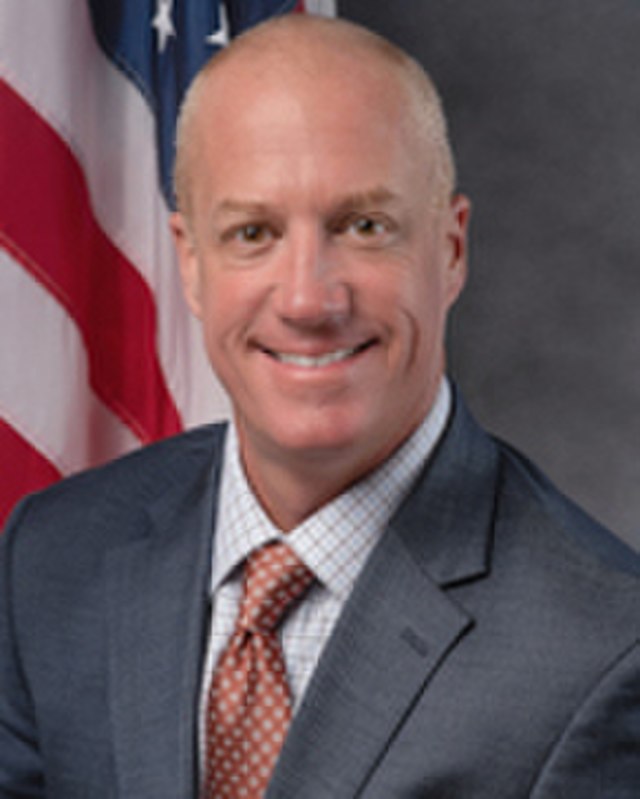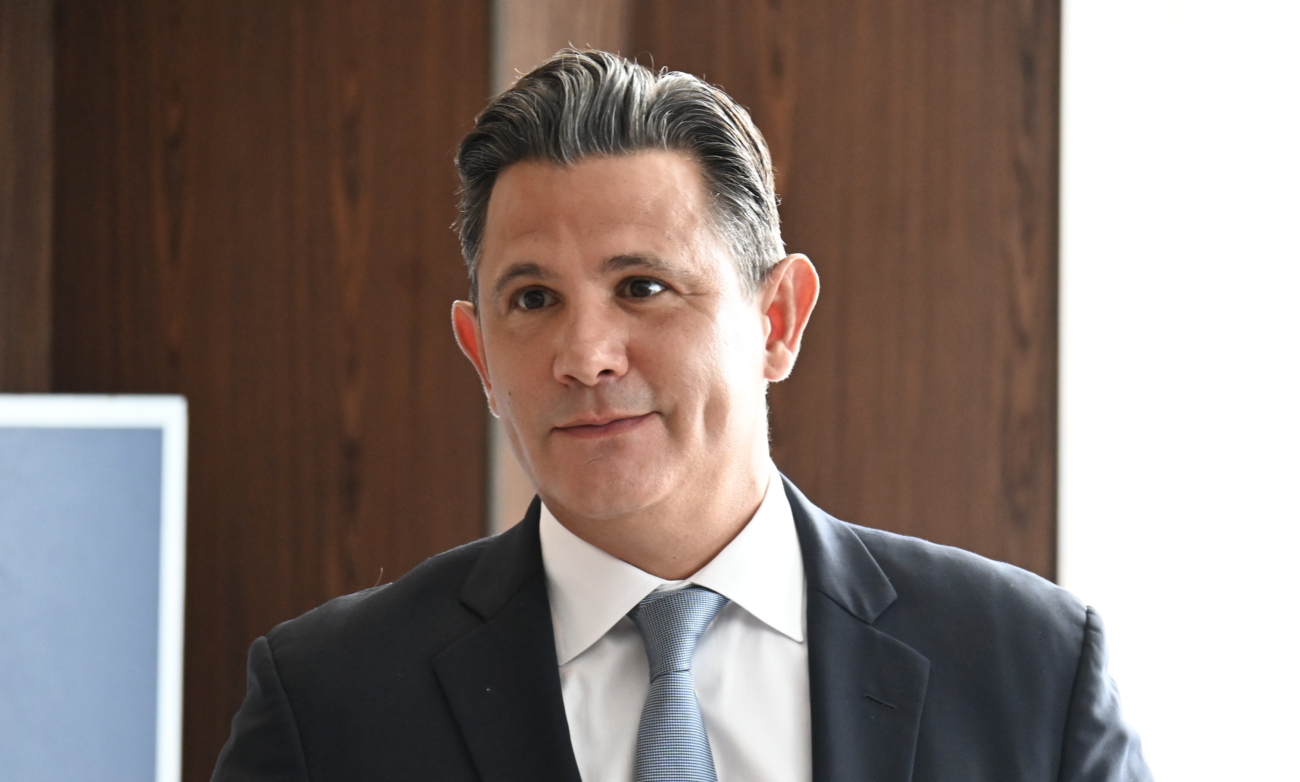Two Florida lawmakers filed a bill that would lessen state guardrails imposed on Certified Registered Nurse Anesthetists (CRNAs) by allowing them to perform their work without illusory physician supervision.
Sen. Ana Marie Rodriguez (R-Doral) and Rep. Mike Giallombardo (R-Cape Coral) filed identical pieces of legislation on Friday.
“Florida continues to grow, and our health care system must grow as well," Rodriguez said in a press release. “We have already experienced health care costs forcing rural hospitals and health care providers to shut down or limit anesthesia care. We cannot accept this. All Floridians deserve access to the highest level of patient care with lower costs. This commonsense bill will help us move closer to that goal.”
According to the release, SB 718/HB 649 would "increase access to health care, lower health care costs and maintain patient quality of care."
CRNAs are advanced practice registered nurses who specialize in anesthesia services. Forty-three states do not restrict a CRNA to perform in their Nurse Practice Acts, which in turn allows them to practice independently without unnecessary restrictions.
Notably, Florida is one of seven states that requires a general paper protocol from a physician or dentist, which the release argued adds an unnecessary guardrail to care.
“Florida has more than 6,400 CRNAs working tirelessly to provide anesthesia in hospitals and surgical centers in each of our 67 counties,” President of the Florida Association of Nurse Anesthesiology (FANA) Laura Molina said.
The release also stressed the importance of CRNAs, who administer anesthesia in the military, hospitals, and surgical and clinical settings. Moreover, it noted Florida's law was driving CRNAs to other states and making it more difficult to retain healthcare workers.
“Removing wasteful barriers that are keeping these highly trained anesthesia specialists from providing quality care will lower costs and free up time and expenses that will allow patients to undergo surgery safely with an emphasis on effective anesthesia care," Molina added.
According to FANA, nearly 56% of Florida's registered nurses said the state's supervision laws were a factor in them moving to another state. On the bright side, nearly 85% said they would return if the state's autonomous practice laws were fixed.
“I have had the honor to serve our country and to see first-hand the incredible talent and compassion CRNAs bring to the front lines,” Giallombardo said. “Floridians deserve the same access to that level of care. By removing barriers that hinder the work of CRNAs, we can increase the availability of nurse anesthesiology professionals which will reduce health care costs and help meet the needs of Floridians now and in the future.”.



